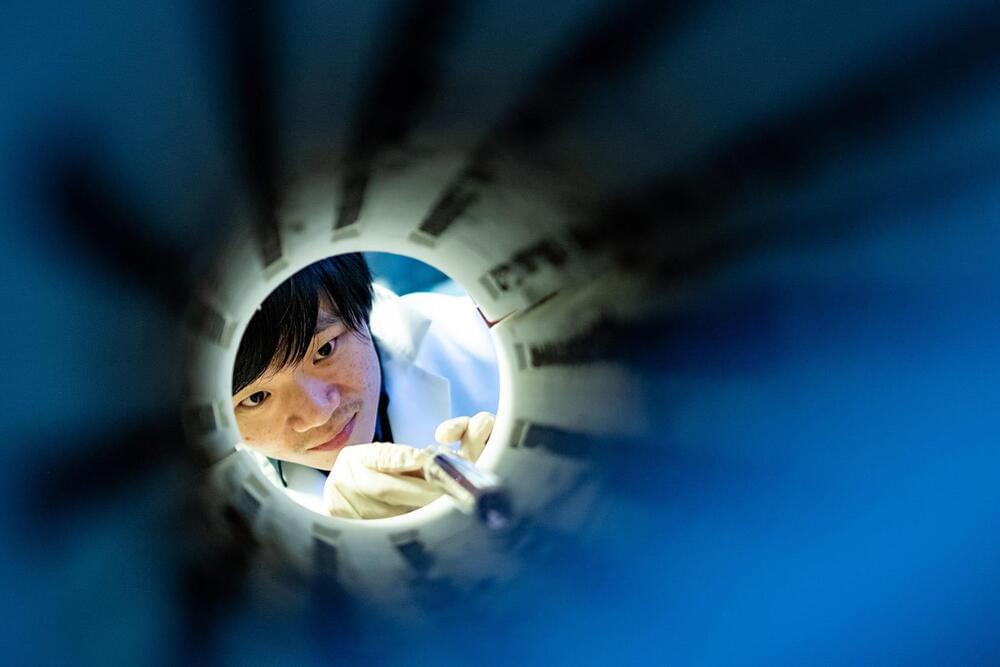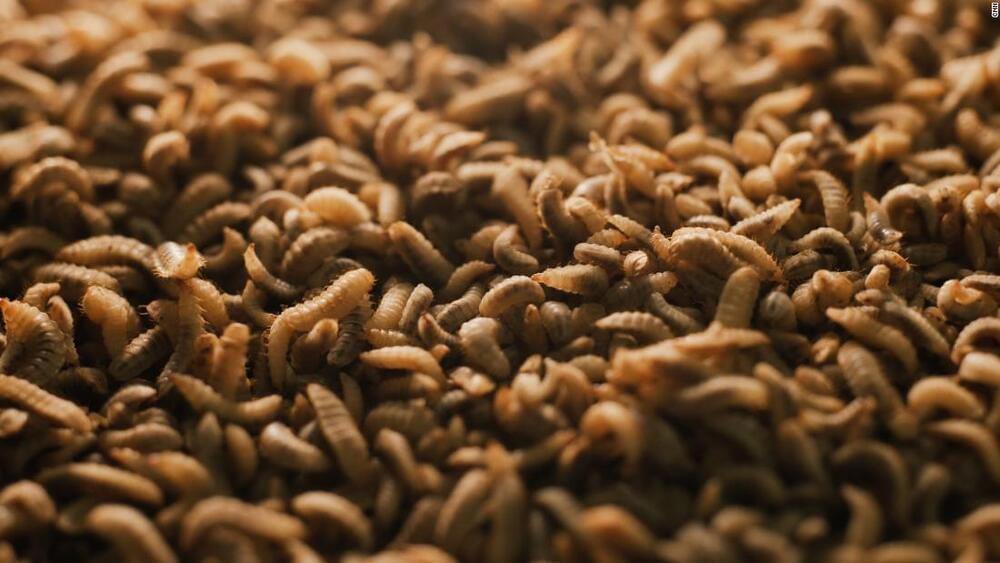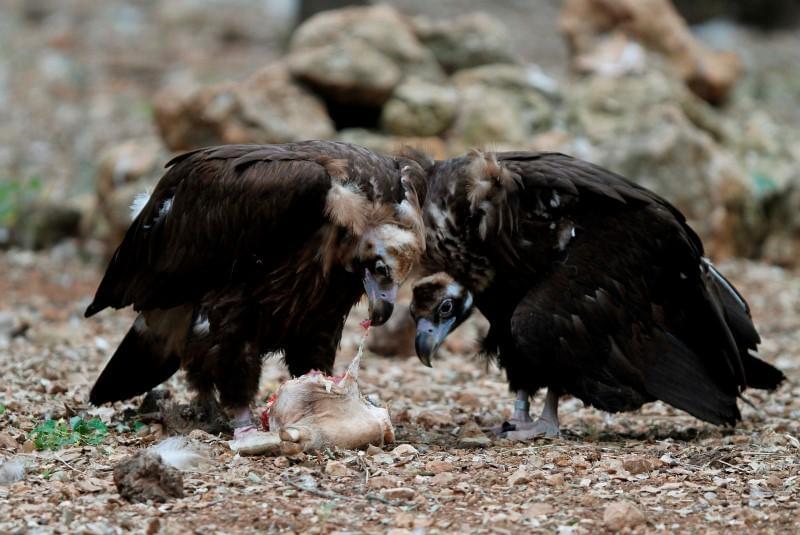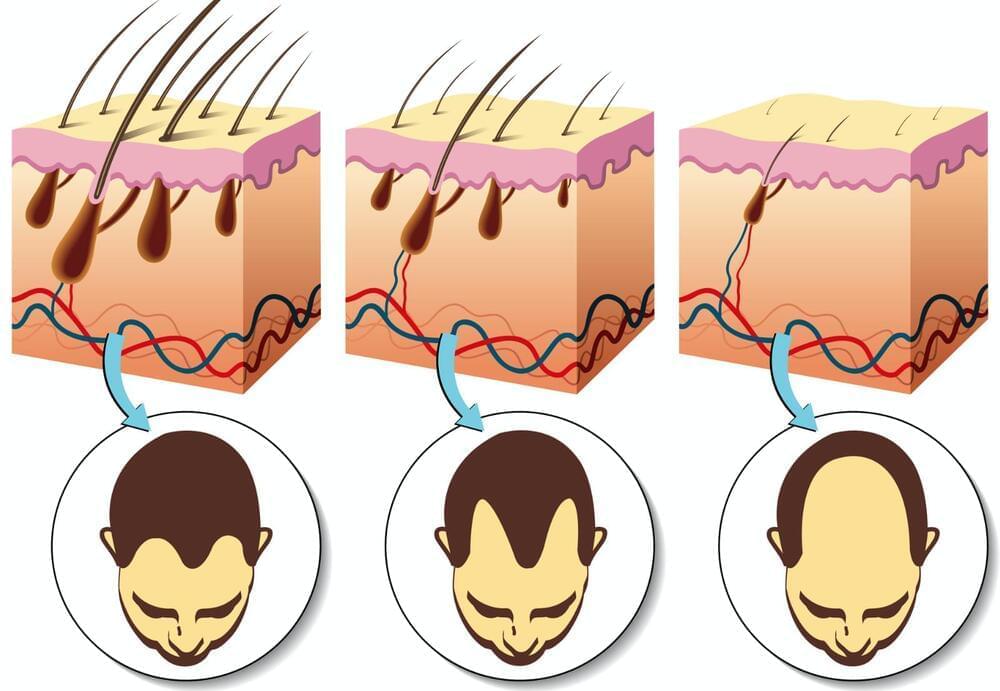Science from industry, federal agencies and independent researchers now links 6:2 FTOH to kidney disease, cancer, neurological damage, developmental problems, mottled teeth and autoimmune disorders, while researchers also found higher mortality rates among young animals and human mothers exposed to the chemicals.
Experts previously considered food and water to be the two main routes by which humans are exposed to PFAS, but the study’s authors note that many humans spend about 90% of their time indoors, and the findings suggest that breathing in the chemicals probably represents a third significant exposure route.
“It’s an underestimated and potentially important source of exposure to PFAS,” said Tom Bruton, a co-author and senior scientist at Green Science.
PFAS, or per-and polyfluoroalkyl substances, are a class of about 9,000 compounds used to make products water-, stain-or heat-resistant. Because they are so effective, the chemicals are used across dozens of industries and are in thousands of everyday consumer products such as stain guards, carpeting and shoes. Textile manufacturers use them to produce waterproof clothing, and they are used in floor waxes, nonstick cookware, food packaging, cosmetics, firefighting foam and much more.






